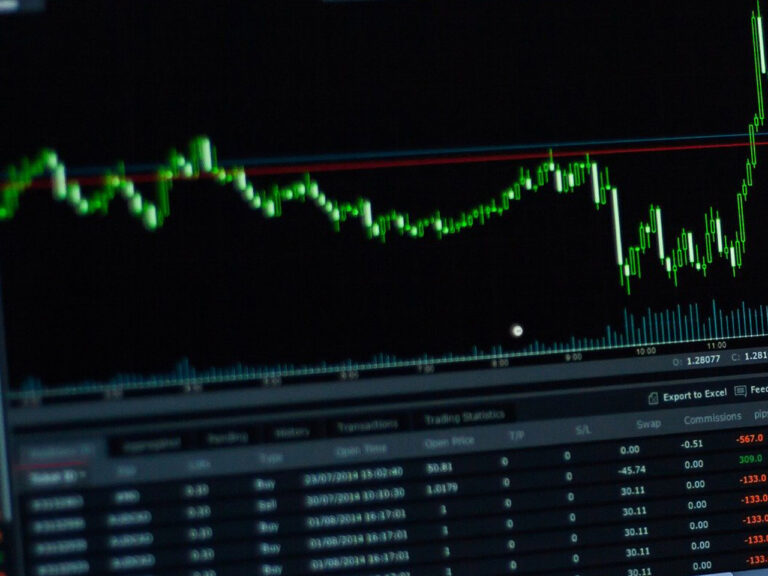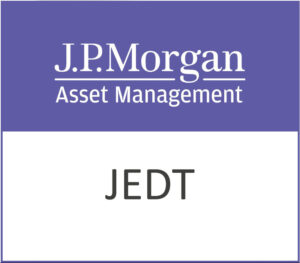Abeona Therapeutics Inc. (NASDAQ: ABEO), a clinical-stage biopharmaceutical company based in Cleveland, Ohio, is making waves in the biotechnology sector. With a market capitalization of $335.59 million, Abeona is focused on developing pioneering gene and cell therapies aimed at treating life-threatening diseases. The company’s lead program, pz-cel, is an autologous, cell-based gene therapy targeting recessive dystrophic epidermolysis bullosa, a severe skin disorder. In addition, Abeona is working on promising treatments for conditions like X-linked retinoschisis, Stargardt disease, and autosomal dominant optic atrophy through its ABO series of therapies.
Currently trading at $6.56, Abeona’s stock has experienced a modest price change of 0.18 USD, representing a 0.03% increase. The stock’s 52-week range of $4.18 to $6.87 suggests some volatility, yet it also indicates potential for upward movement, especially given its technical performance. The 50-day and 200-day moving averages stand at $6.23 and $5.79, respectively, reflecting a positive trend in recent months. Moreover, the Relative Strength Index (RSI) of 65.98 signals that the stock is not yet overbought, leaving room for further growth.
A standout feature for investors is the analyst consensus, which is overwhelmingly positive. With six buy ratings and no hold or sell recommendations, Abeona is clearly catching the eye of market analysts. The target price range of $11.00 to $27.50, with an average target of $19.93, suggests a staggering potential upside of 203.79%. This bullish sentiment is driven by Abeona’s innovative approach to gene therapy, which positions it as a potential leader in the biotechnology industry.
Despite its promising outlook, it’s important for investors to recognize the inherent risks associated with biotech firms, particularly those in the clinical stage. Abeona’s financial metrics highlight some of these challenges: the company currently has a negative EPS of -0.63 and a Return on Equity (ROE) of -271.78%, indicating significant losses. Moreover, the free cash flow stands at -$39,712,752, underscoring the financial strain typical of companies in intensive research and development phases.
Abeona does not offer a dividend, with a payout ratio of 0.00%. This is common among biotech firms that reinvest profits into further research and development rather than distributing earnings to shareholders. The absence of a P/E ratio and other valuation metrics like Price/Book or Price/Sales further reflects the company’s current focus on growth and development rather than profitability.
For those considering an investment in Abeona Therapeutics, the key lies in the potential of its pipeline and the broader market’s response to its therapies. The company’s AIM vector platform and its strategic focus on gene therapy position it well within a rapidly evolving industry. While the financials present a cautionary tale, the substantial upside potential and strong analyst support suggest that Abeona could be a compelling opportunity for investors willing to embrace the risks associated with the biotech sector’s high-reward landscape.






































